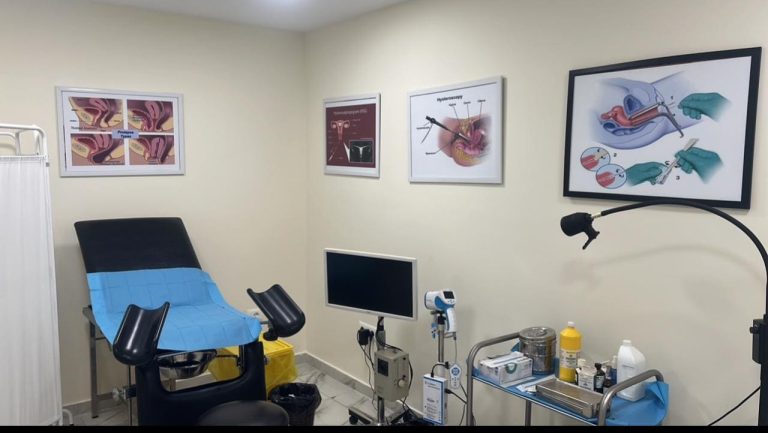
Visits to the gynecologist should not be limited to pregnancy or when you feel great discomfort. Regular gynecological care is an essential part of every woman's overall health. But when is the right time to have a gynecological consultation?
🔹 After the start of the menstrual cycle or sexual intercourse:
The first gynecological visit is advised after the start of the menstrual cycle, especially in cases where it is irregular, very painful or abundant. It is also important to have routine check-ups, including Pap tests and contraception counseling, after the start of sexual activity.
🔹 If you experience unusual pain or discomfort:
Any pelvic pain, abnormal discharge, bleeding between cycles or during sexual intercourse should be evaluated by a specialist. These symptoms may indicate infections, fibroids, endometriosis or other problems that require treatment.
🔹 When planning a pregnancy or if you do not become pregnant:
If you are planning a pregnancy or have tried for more than 12 months without success (6 months if you are over 35 years old), it is time to consult a gynecologist for a fertility evaluation.
🔹 For routine annual check-ups:
Even in the absence of symptoms, every woman should have regular gynecological visits once a year. They include a Pap test, breast examination, gynecological ultrasound and reproductive health counseling.
🔹 During and after menopause:
The hormonal changes of this phase can be associated with various concerns, such as vaginal dryness, osteoporosis or problems with the menstrual cycle. Regular visits help manage these symptoms and prevent complications.
